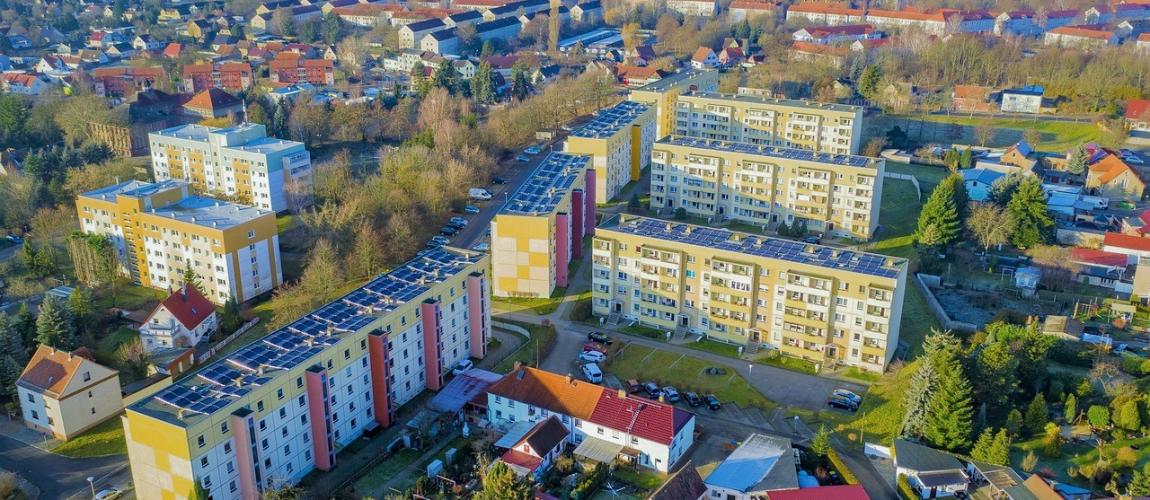Module 02 – National Governance Framework on Climate Change

Photo Credit: Image by Pixabay
The first module of this phase serves as a first-level navigator of the international climate related policies landscape. It commences with the description of major frameworks such as the Paris Agreement and concludes with a country-specific screening of the implementation of climate policies.

Module 0.1 is structured in three steps: Step 1 - Understand the International Climate Policy Landscape is intended to provide an overview of the major international frameworks defining climate policies and which form the basis for national climate-related legislation and norms. Step 2 - Comprehend the National Climate Policy Framework provides an overview of the national climate instruments (NDCs, NAPs, LTSs) and discusses their commitments, interactions and key differences in their implementation. Step 3 - Review National Climate Policies introduces a high-level review of NDCs, NAPs, and LTSs to help users assess the country’s achievements in climate aspects, recognize specific economy-wide and sector-specific targets/commitments, and identify country-specific implementation mechanisms. • The current international climate policy landscape has been shaped by a long history of complex interactions among multiple global institutions, international organizations, alliances of countries, and public pressure. • The major international climate frameworks have driven the development by the UN of the National Determined Contributions (NDCs), the National Adaptation Plans (NAPs) and the long-term strategies (LTSs), the three main instruments for the implementation of climate-change policies and the translation of global climate goals into national targets. • Getting acquainted with the development and the implementation mechanisms of the climate policies in the global and national agenda is a necessary step to understand the national circumstances and priorities for climate action. • The course, timing, and level of development of climate policies differ from country to country. The national and subnational climate frameworks can be screened through the lens of five high-level principles: timeliness, alignment with the international climate agenda and domestic laws, comprehensiveness, ambition, and inclusion of gender equity provisions Insights #0.1 Kyoto Protocol: The First Important Step Forward in the Effort to Tackle Global Warming Insights #0.2 Three Global Frameworks that Drive Sustainable Development in Climate Change Insights #0.3 Integrating a Gender Perspective into the NAP Process Insights #0.4 How is Sustainable Development Supported by the Paris Agreement, The Sendai Framework, and the Global Sustainable GoalsSTRUCTURE OF THE MODULE
KEY TAKEAWAYS
INSIGHTS
Updated: May 19, 2022
Related Content
Partner Resources

Renewable Energy Project Resource Centre (REPRC)
Wiki-based library of energy project resources. Includes sample terms of references, procurement documents, economic analyses and case studies (success factors and lessons learned).